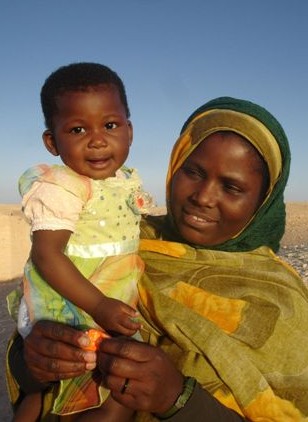 Sahrawi refugee Fetim Salam Hamdi has been portrayed as a slave in a poorly translated documentary film. But Ms Hamdi insists she is a free woman and now goes to court to stop the film's screaning. The Australian documentary film "Stolen", shot in the Algeria-based refugee camps housing over 100,000 Sahrawi refugees last year, portrays the Ms Hamdi as a slave. Ms Hamdi herself claims to have been shocked as she first saw the result of the filming, alleging massive manipulation in scenes and translations. |
Sunday, March 3, 2013
FEAR MUZZLES KIDNAPPED SLAVES IN MAURITANIA
They told their stories to the documentary team, but once the Polisario (representing Morocco) found out, the victims retracted and denied.
Can this be anything but fear?
Subscribe to:
Post Comments (Atom)
No comments:
Post a Comment